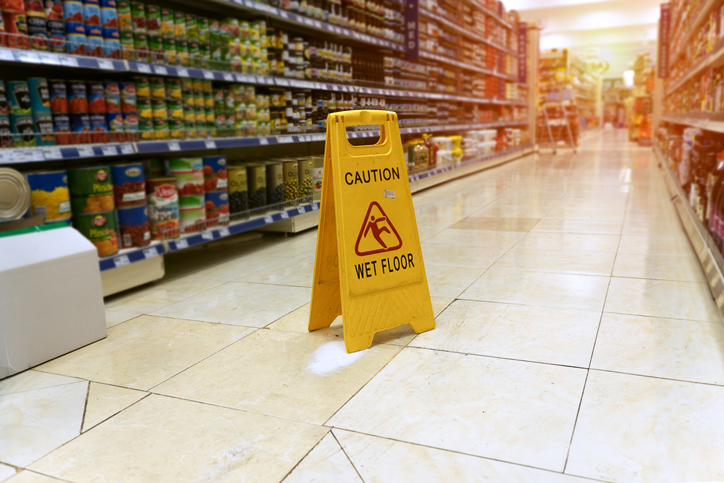According to the National Safety Council, the last week of September will be used to recognize Fall Prevention Awareness Week. It is a time where professionals in the medical field along with others who might be caring for an elderly individual should be taking the time to learn about how serious falls are and how they can be prevented. It is also a good time for senior citizens who might still be living at home to read up on how deadly falls are and why they should take every initiative to prevent themselves from falling.
The campaign will run from September 22nd through September 28th and Stopfalls.org is sharing a number of different resources that are all available to the public to help prepare you for Fall Prevention Awareness Week. Below are some of the resources the site is currently offering:
- Home safety tips that can make your home safer.
- Tips that can help you when discussing falls with your doctor.
- How to prevent outdoor falls.
The truth is, “falls are the leading cause of injury deaths, unintentional injuries and hospital admissions for trauma” and they can “take a serious toll on older adults’ quality of life and independence.” Sadly, many elderly individuals who experience a fall never fully recover and many are forced to suffer from much more severe conditions all because of one small mishap.
6 Steps You Can Take to Prevent a Fall
If you are an elderly individual who has a high risk of falling or are independent and still doing things for yourself, here are a few tips the National Council on Aging (NCOA) recommends you consider that can help prevent a fall.
- Find a balance or experience program that will help you to build stability, strength, and flexibility
- Tell your doctor if you have fallen or are worried that you might one day fall. Not only can he/she check to make sure no severe injuries were sustained, but he/she can also assess your risk of falling.
- Take the time to review your medications with your pharmacist or doctor. Certain medications, whether they are prescription or over the counter, can increase the risk of a fall so you may want to find out when would be the best time to take them.
- Get your vision and hearing checked every year. The NCOA says that “your eyes and ears are key to keeping you on your feet” and if you are struggling to see or your balance if off, you are at a greater risk of falling.
- Keep your home safe. Aside from picking up any objects that could put you at risk of falling, it is also important to keep your home well lit. It also recommended that you place bath mats in your shower to keep from slipping and install grab bars that allow you to have something to hold onto when getting in or out of the shower.
- Keep an open dialogue with your family and if needed, ask for their support. If there are certain modifications you physically cannot make to your home, ask a friend or family member for their assistance.
Although this campaign only runs for a week, the issue should actually receive attention year-round. The fact is, an elderly individual is at risk of falling at any given time and anyone who either works around, cares for, or is an elderly individual should implement these safety tips and others to help prevent a fall.
Now, if your loved one is currently living in a nursing home in or nearby to Chicago, IL and you feel the staff wasn’t providing adequate care which led to them falling, we recommend you contact one of our Chicago, IL nursing home neglect lawyers to find out what can be done. As you know, a fall can have an adverse effect on a senior citizen and sometimes, cause them to suffer from harsher conditions than they had prior to the accident. And if the staff member or nurse who was supposed to be watching them or helping them maneuver around wasn’t there to do so, they may be held accountable for the injuries your loved one sustained.
To learn more about how our nursing home abuse attorneys can help you during this unfortunate time, contact us today by calling 1-312-384-1920.
You can contact Dinizulu Law Group, Ltd. at:
221 North La Salle Drive, Suite 1100
Chicago, IL 60601
1-312-384-1920



